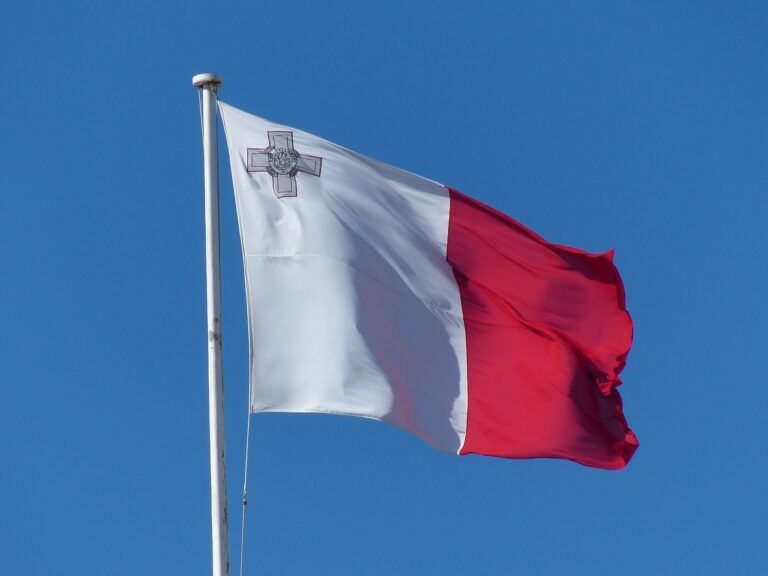Adrian Delia, a prominent lawyer and the current leader of Malta’s Opposition party since October 2017, has been a vocal critic of digital currencies. Recently, Delia noted:
Malta was touted as Bitcoin Island by the government but the government has been completely silent over the Christmas holidays on practically everything.
Joseph Muscat, Malta’s president, is known for supporting the island nation’s crypto and blockchain-related initiative. As crypto enthusiasts know, Binance, the world’s largest digital currency exchange in terms of trading volume, has established offices in Malta after China’s regulators launched a crackdown on digital asset trading platforms.
Malta’s Ruling Party Says It Plans To Give More “Protection For Cryptocurrencies”
Responding to Delia’s comments, Malta’s Parliamentary Secretariat for Financial Services, Digital Economy and Innovation noted that the country’s government was planning to “give more peace of mind and protection for cryptocurrencies such as Bitcoin.” The nation’s Secretariat also stated that efforts were currently underway to ensure local residents were well-informed regarding the potential scams and other types of fraudulent activity in the crypto industry.
Notably, Delia is presently facing pressure to step down from his position as there have been reports of his alleged involvement in domestic abuse, an accusation he has publicly denied while stating he was planning to continue serving as the leader of Malta’s Nationalist Party.
As CryptoGlobe reported in late September 2018, Muscat had remarked:
Blockchain makes cryptocurrencies the inevitable future of money, more transparent since it helps filter good businesses from bad businesses. But these distributed ledger technologies (DLT) can do much more.
Many Crypto Firms Have Moved To Malta
His comments came during a speech which addressed the general debate of the 73rd Session of the General Assembly of the United Nations (UN). Notably, Muscat has referred to Malta as the “Blockchain Island” as he believes DLT-based solutions have the potential to make the current healthcare systems more efficient. The Maltese president explained that blockchain-enabled software could help patients take “real ownership of their medical records.”
Malta’s progressive approach towards adopting crypto-related technology and encouraging blockchain-related businesses to establish offices in the country has also led to OKEx, another major cryptoasset exchange, launching a security tokens platform in the country.
Digital asset exchange, BitBay had also revealed it was moving its offices to Malta as it had reportedly been dealing with banking restrictions imposed by Poland’s regulators and financial institutions. According to Morgan Stanley’s research, a large percentage of the world’s cryptocurrency trading volume flows through Malta-based exchanges. Morgan Stanley’s report also mentioned that although most cryptoasset exchanges are based in the UK, these only see around 1% of the market’s total trading volume.









